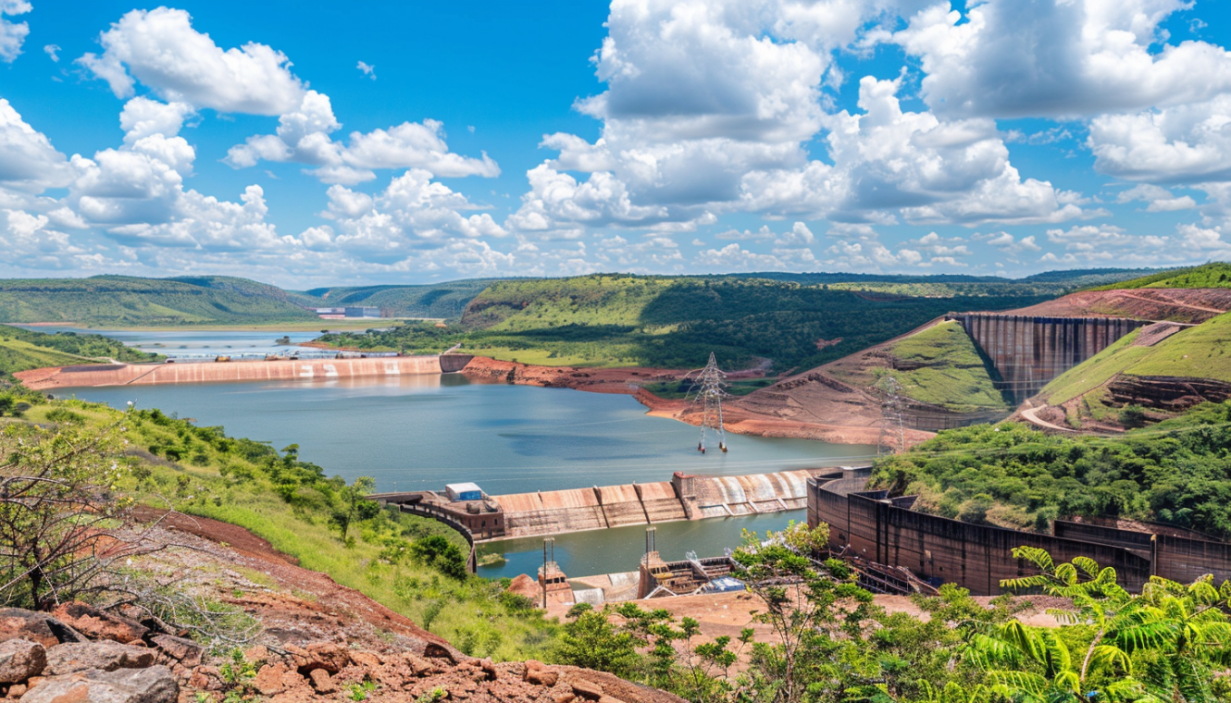Paraguay's Crypto Mining Ban Plan Could Cost Millions
Lawmakers face a huge dilemma as their pan to clamp down on crypto mining could cost the country $200 million annually
April 8, 2024 11:10 AM
Reading time: 1 minute, 45 seconds
TL;DR Paraguay faces a critical decision as lawmakers propose a bill to ban Bitcoin mining amidst rising illegal activities and power shortages. The ban could impact major industry players and cost the economy $200 million annually, challenging the country's energy and economic landscapes.

In the heart of South America, Paraguay finds itself at a crossroads as lawmakers introduce a draft bill aiming to ban Bitcoin mining for 180 days or until a new regulatory framework is established.
This move comes in response to concerns over illegal mining activities that are said to be disrupting the nation's electricity supply, with claims of power theft exacerbating the situation. The proposed ban has stirred debate, considering Paraguay's economy could lose an estimated $200 million each year, a significant figure for the country's $41.7 billion GDP.
The Impact on Major Players
The potential ban casts a shadow over entities like Marathon Digital Holdings, which has invested in deploying 27 megawatts of mining operations near the Itaipu hydroelectric plant.
These legal mining operations, now under threat, have been a boon to Paraguay's trade balance, according to Hashlabs Mining's co-founder Jaran Mellerud. The situation underscores the tension between fostering technological investment and ensuring national resource security.
Illegal Mining and Power Struggles
Illegal mining operations have been a particular thorn in the side for Paraguay, with the National Electricity Administration citing damages and losses due to unauthorized electricity consumption. The surge in illicit activities has prompted the proposed legislation, which not only targets mining but could inadvertently affect other crypto-related activities, including staking and holding digital assets.
"Banning bitcoin mining could cost Paraguay more than $200 million a year, assuming the country has 500 MW of legal miners paying $0.05 per kWh in operating expenses." - Jaran Mellerud
A Call for Regulation, Not Banishment
Critics of the bill argue that a more nuanced approach is necessary, one that distinguishes between illegal and legitimate crypto practices. Luis Benitez, a notable figure in the crypto community, highlights the risk of stifling economic and technological growth with overly broad legislation.
The crypto community is mobilizing to challenge the bill, advocating for regulations that support sustainable and legal crypto activities.
The decision Paraguay makes in the coming days will not only affect its own economy but also send a message to the global crypto industry about how nations can navigate the complex interplay of innovation, regulation, and resource management.



